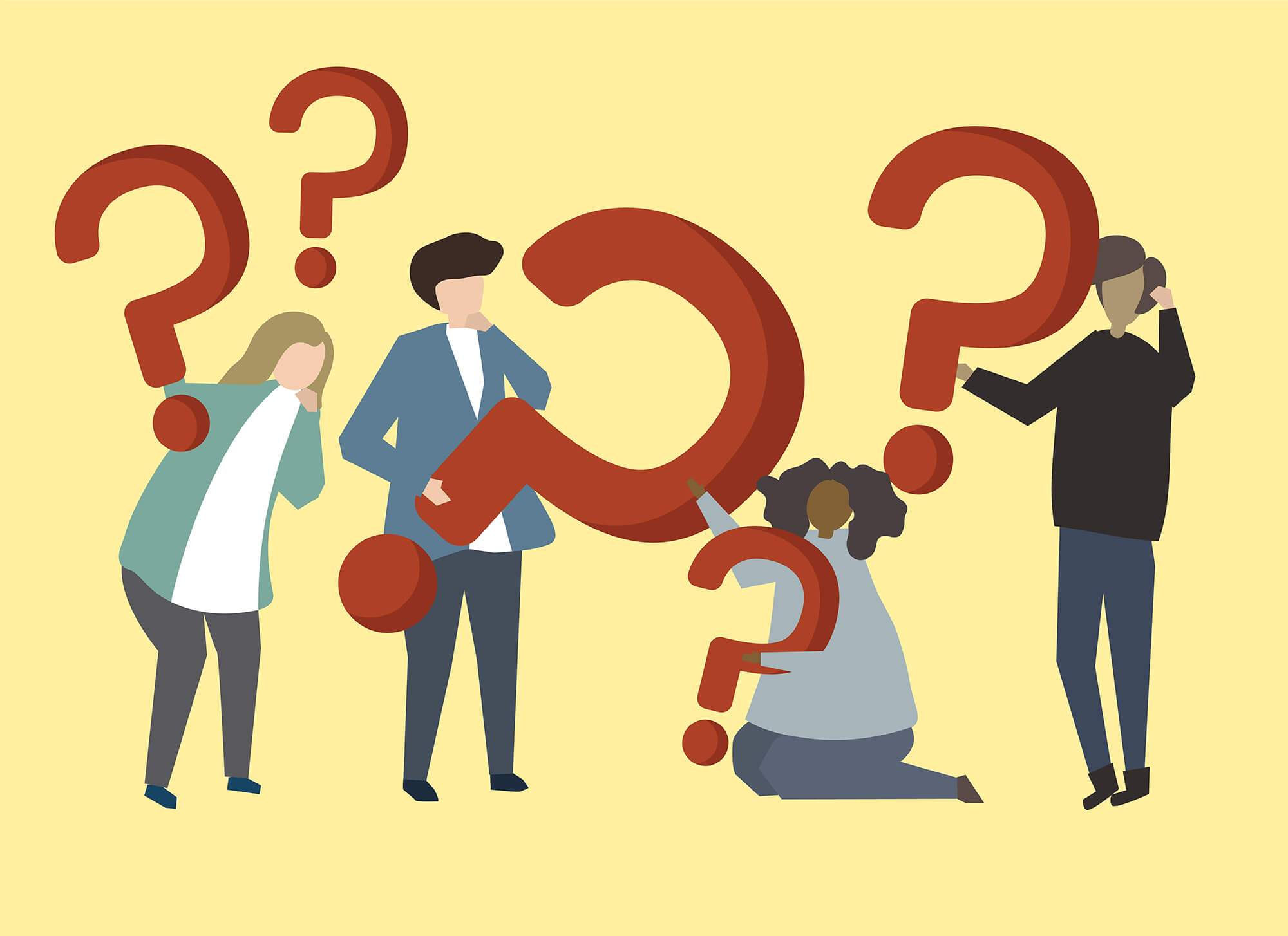Poor Sleep is a Safety Hazard. Here’s Why.

Join us in recognizing National Sleep Awareness Week, March 14-20, 2021.
Snuggle up and catch all the Zzzs. You owe it to yourself to get those extra hours you need.
Created by the National Sleep Foundation, National Sleep Awareness Week promotes better sleep as a way to increase overall health and well-being. Founded in 2008, this annual event begins at the start of Daylight Saving Time, when most of us lose an hour of sleep. According to the National Sleep Foundation, 45 percent of Americans report that poor and insufficient sleep affects their daily activities.
Loss of sleep -- a safety hazard?
Loss of sleep is recognized as a public safety hazard when it comes to driving and operating a vehicle. Drowsiness slows reaction time as much as driving drunk. The National Highway Traffic Safety Administration estimates that fatigue is a cause in 100,000 auto crashes and 1,550 crash-related deaths a year in the U.S.
Studies show that sleep loss and poor-quality sleep also lead to accidents and injuries on the job. In one study, workers who complained about excessive daytime sleepiness had significantly more work accidents, in particular repeated work accidents. Lack of sleep can impair your alertness, attention, concentration, ability to solve problems, and makes it more difficult to focus and retain information.
Now that you know just how crucial it is that you prioritize sleep, here’s how you can help yourself and others during National Sleep Awareness Week.
Spread the word
Participate and spread awareness on your social media accounts by using the hashtag #SleepAwarenessWeek. You could start by sharing this article!
Get some rest
Set aside time to treat yourself to some much-deserved sleep. If you struggle to sleep due to snoring (or sleep with a snorer), check out our products to get you some shut-eye.
Practice Healthy Sleeping Habits
There are many ways to improve your sleep. Little things, like changing your sheets more frequently, moving your bedtime earlier, or even eating earlier, all make a big difference.
READ MORE: Set healthy sleep habits. Read “How to Set (& Keep) a Healthy Sleep Resolution.”


